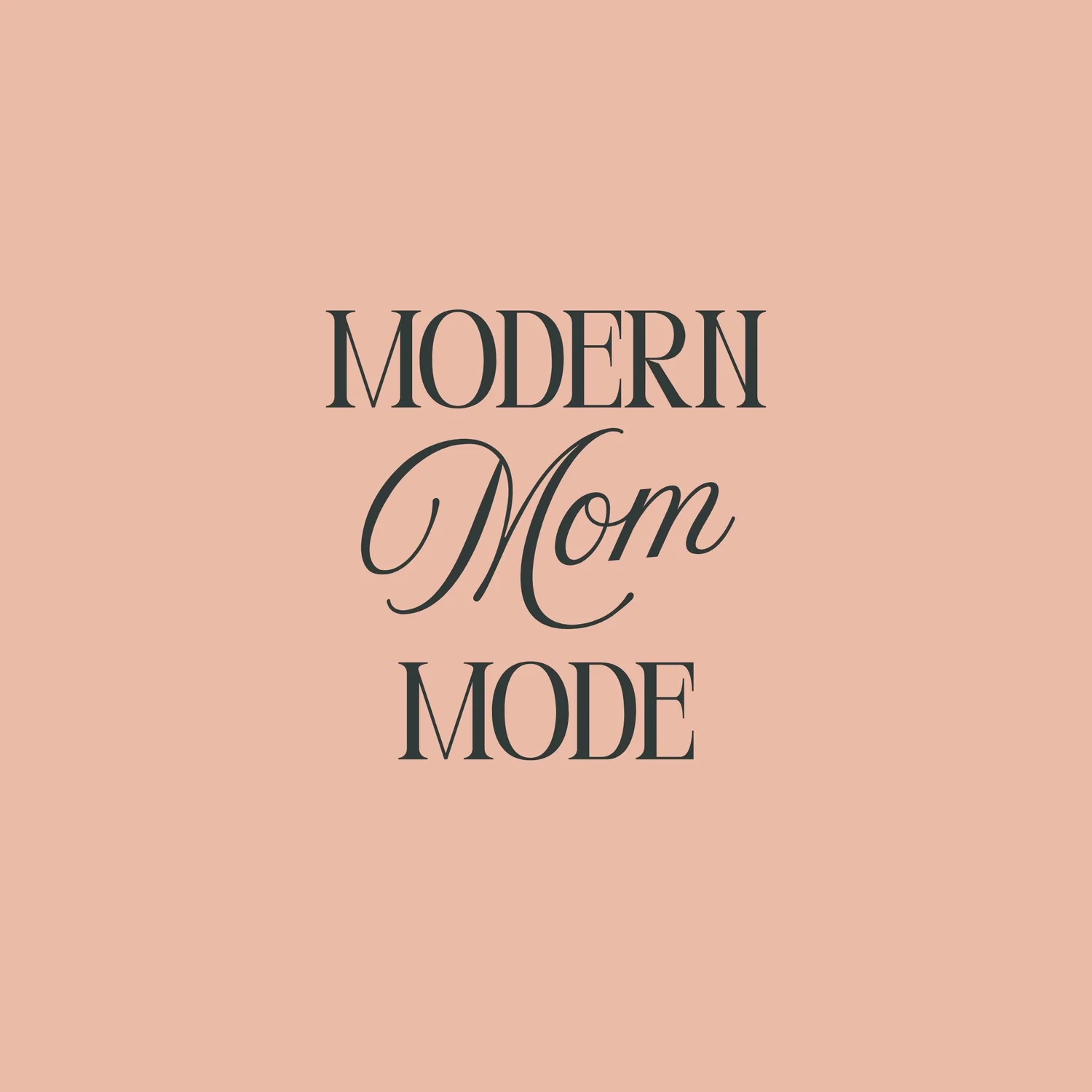



Preparing for Maternity Leave 101
A checklist for getting ready for maternity leave at work.

Finding Grace in Postpartum
Since having my son, I've been working on treating myself with a little more kindness as I navigate this new phase of my life.
